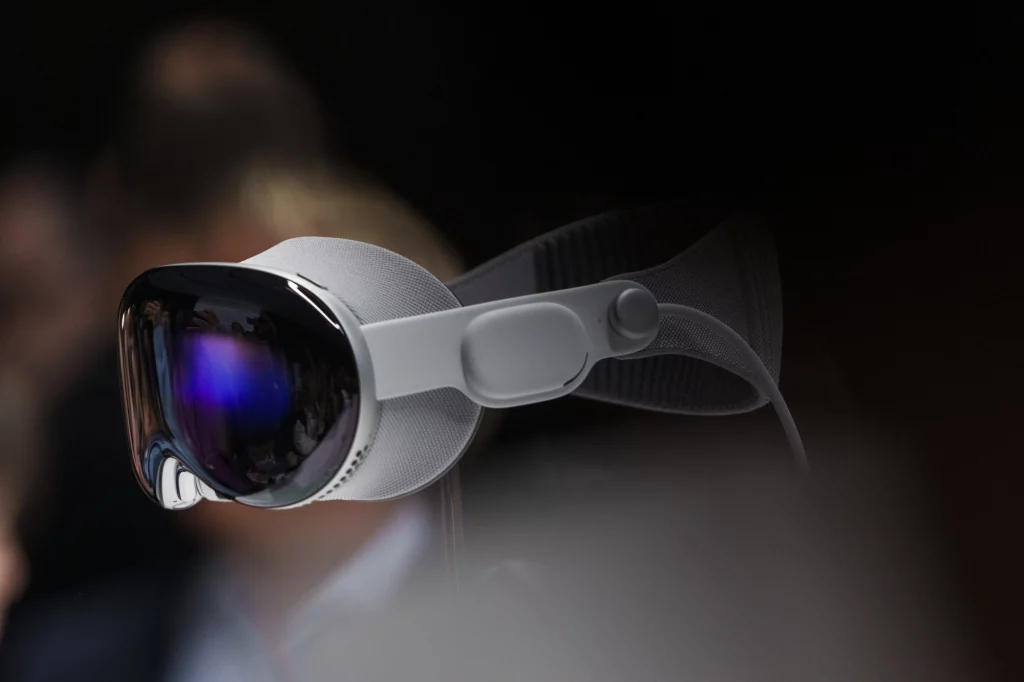Apple’s highly-anticipated WWDC 2023 developer conference brought a groundbreaking revelation to the tech world with the official announcement of their MR (Mixed Reality) device named “Vision Pro.”
The device’s stellar performance and the myriad of potential applications it brings have captured the imagination of tech enthusiasts. However, it was the price tag that left audiences astounded. The Vision Pro carries a hefty price of $3,499, with hints of an updated version expected to arrive in three years.

Also read: 2015 Apple watches tagged “Obsolete”, including the 17k Hermes version
Debates sparked by the announcement
As Apple announced the price of the Vision Pro, it soon triggered a hot debate. Many expressed their reservations about the seemingly exorbitant cost. Nevertheless, overseas media swiftly delved into the device’s components, revealing the breakdown of the product’s expenses.
The key cost contributors are quite revealing. The Sony display alone commands a staggering $700, while the assembly, undertaken by LuxShare, chips in an additional $130. The powerful M2 processor, which fuels the headset’s capabilities, comes at a substantial $120, according to reports.
This drives Apple Vision Pro BOM’s total costs to $1509. The component with the highest proportion in manufacturing cost is the Sony display, costing $700. Next is the assembly cost for LuxShare, which is $130, followed by the $120 M2 processor.
Product pricing remains a complex undertaking
In the grand scheme of things, these hardware costs account for only 43% of the final price, a crucial detail in scrutinizing the pricing strategy. However, it’s important to note that determining a product’s price is a complex equation, encompassing not just manufacturing expenses but also extensive research and development investments.
Over the past decade, Apple strategically positioned itself in the MR field through a series of acquisitions, tallying up an expenditure exceeding $15 billion, including the procurement of various patents.
Mark Gurman writes in his Power On newsletter for Bloomberg today that a more affordable successor to Apple’s Vision Pro will “likely” forgo an external display. This iteration is expected to forgo an external display, potentially placing it in the price range of $1,500 to $2,500, as discussed internally.
Gurman reiterated his earlier predictions that this cost-effective version would likely employ iPhone-grade chips, fewer cameras, and a lower-resolution screen.
Marquee feature put behind a paywall
Ditching the external display means Apple would lock one of the Vision Pro’s marquee features — EyeSight — behind the paywall of the more expensive versions. The company described how you can look at a search field and just start talking to input text, for example. Or you can pinch your fingers to select something or flick them up to scroll through a window. The Vision Pro can also display your eyes on the outside of the headset — a feature Apple calls “EyeSight.”

